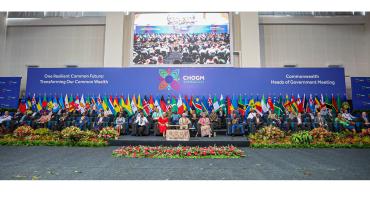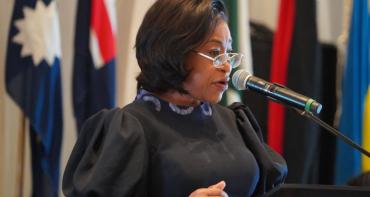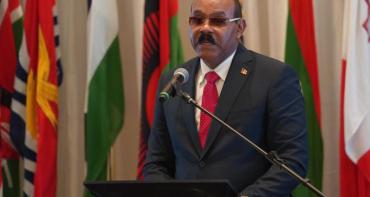Plans by Arnold Smith, the first Commonwealth Secretary-General, to provide Commonwealth countries with a fund for multilateral aid came to fruition in the early 1970s.
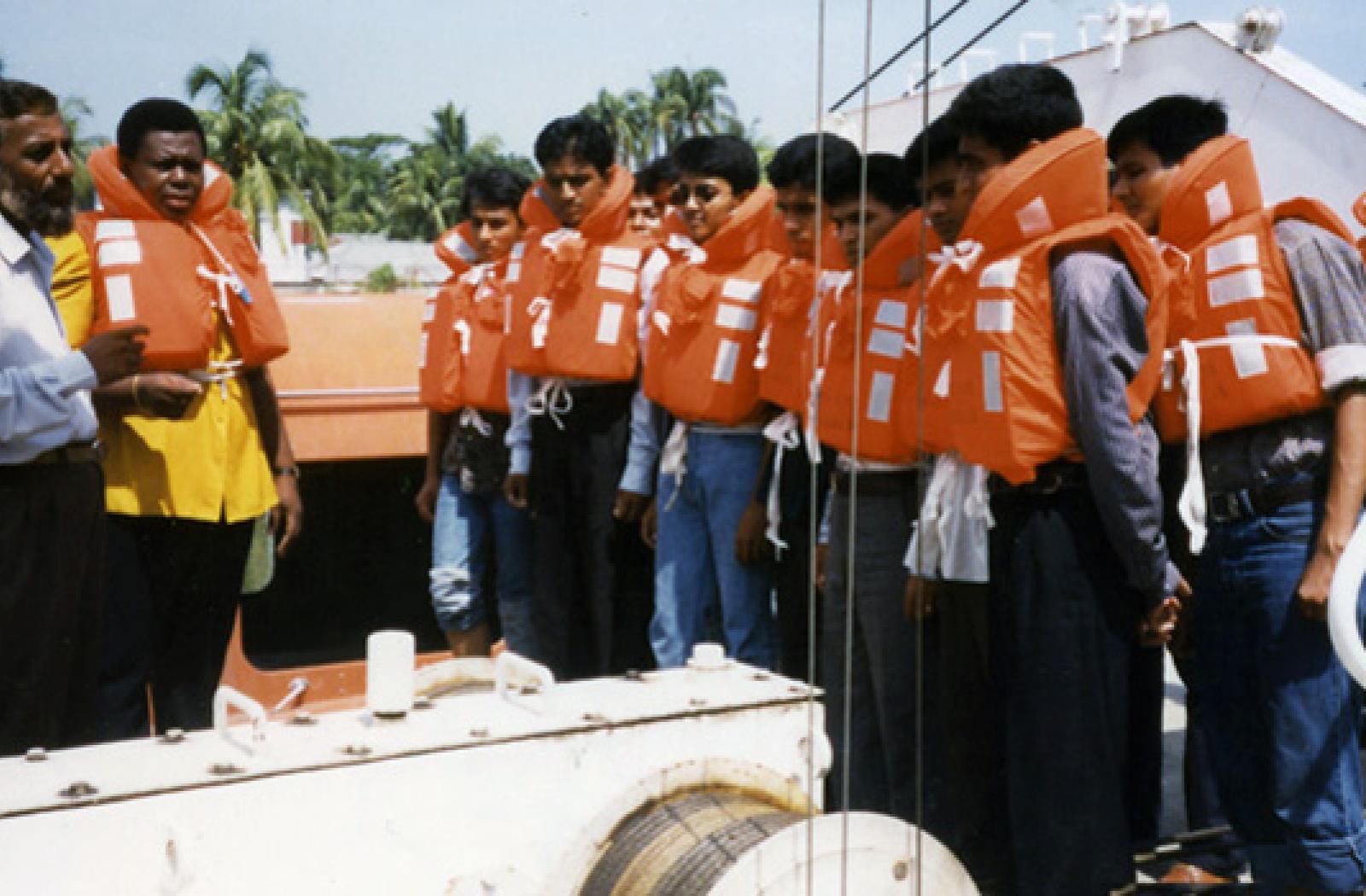
The 1971 agreement which established the Commonwealth Fund for Technical Co-operation (CFTC) declared that “the major purpose of the fund will be to take advantage of shared experiences and similarities to promote development in the Commonwealth”.
The CFTC would demonstrate “in a practical way the ideals of co-operation and mutual assistance and strengthening the multilateral links among Commonwealth countries and peoples”.[1]
Smith first put forward his proposals at a Commonwealth conference in Nairobi in April 1967.
“Arnold Smith’s ideas for the programme however initially faced opposition,” notes Matthew Battey, a PhD student who has researched the history of the Commonwealth Secretariat’s assistance programme.
“Despite strong demand from many newly independent developing member countries, these early proposals for technical co-operation were met with a lukewarm response from the ‘old Commonwealth’ members,” says Battey. [2]
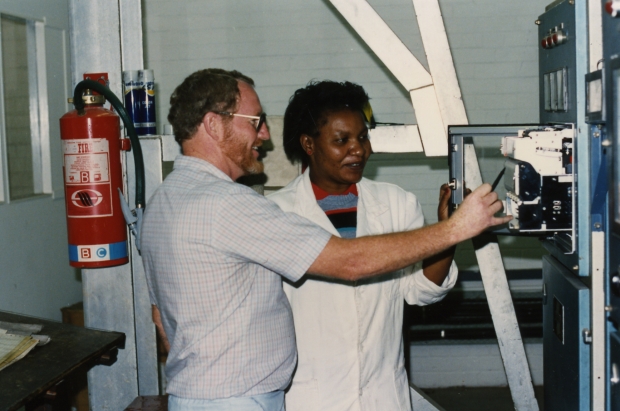
“Smith’s response was to emphasise the necessity of building up practical programmes of activity that would be of relevance to its member states.”
In his diaries, Smith, who was a Canadian national, wrote that ‘the future of the Commonwealth is going to depend on using it, as an instrument to shape the future, inter alia on the vitally important question of development assistance’.[3]
Agreement for a technical assistance fund
Following the conference in Kenya, and thanks to the persistence of Smith, the government of Canada became persuaded of the demand for Commonwealth technical co-operation, and played a key role in the establishment of the CFTC. Canadian politicians such as Mitchell Sharp became key supporters in the lead-up to its creation in 1971.
In supporting Smith’s proposals, Canada committed to funding the new programme to the equivalent of 30% of total pledges, and encouraged the similar support of the British government in 1970.
“Britain was anxious to appear as committed to the idea of the Commonwealth as Canada, and also began to view the CFTC as a valuable demonstration of ongoing British commitment to the organisation,” Battey says.
“The eventual establishment of the CFTC in 1971 was a result of a combination of the tenacity of Arnold Smith in persuading Britain and Canada to support the proposals, and a recognition from both countries that the Commonwealth was worth strengthening through institutional expansion of the Commonwealth Secretariat”
CFTC in the twenty-first century
Now 45 years’ old, the Commonwealth Fund for Technical Co-operation (CFTC) continues to be the principal means for the Commonwealth Secretariat to provide technical assistance to small and developing member countries, from helping to improve a country’s trade competitiveness to supporting reforms to public services.
Technical assistance is provided in many forms, including the dispatch of long and short term experts for targeted capacity building activities, research and feasibility studies, as well as supporting twinning arrangements and exchanges between member governments.
Find out more about the Commonwealth's technical assistance work
Matthew Battey recently completed his PhD ‘Placing knowledge in a decolonizing world: the Commonwealth Fund for Technical Co-operation and the histories of expertise for development’. The research was funded through a collaborative research award from the UK’s Arts and Humanities Research Council to the Commonwealth Secretariat and the Institute of Commonwealth Studies.
Explore more stories from the archives
Notes
[1] Memorandum of Understanding on the Commonwealth Fund for Technical Co-operation as amended by the fund's Board of Representatives at its Thirteenth Meeting, Hong Kong, 27 September 1976, 2009/146, Archives of the Commonwealth Secretariat.
[2] Triennial Review of CFTC: Interim Report, April 1975, 2006/137, Archives of the Commonwealth Secretariat.
[3] Diary entry, 18th October 1967, Papers of Arnold Cantwell Smith, Volume 3: Diaries, File 2, Library and Archives of Canada.

